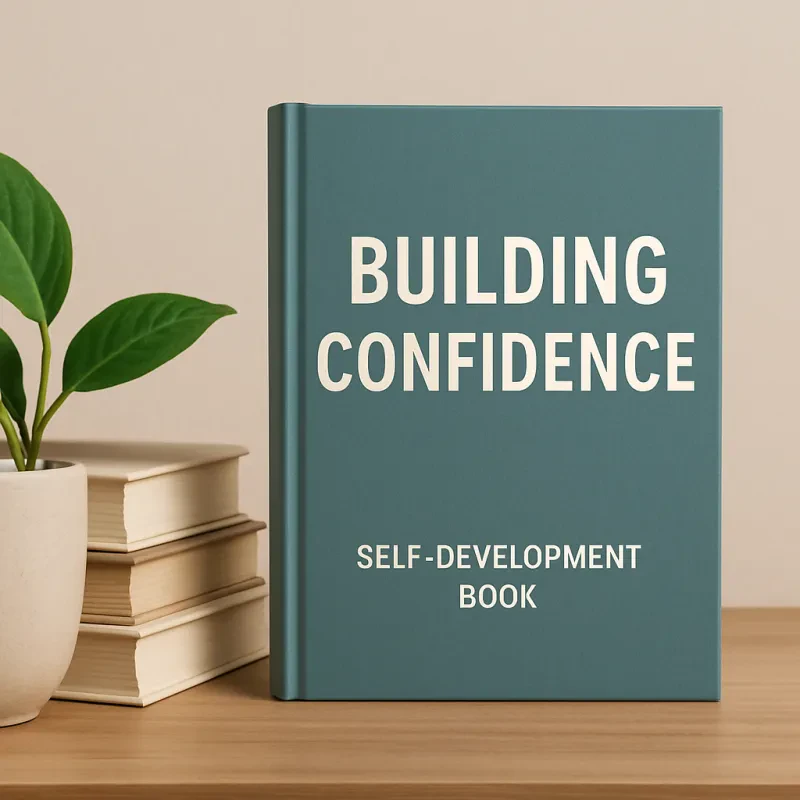Unleash Your Inner Sage: How to Cultivate Thoughtfulness
The fast pace of life can often drown out our ability to be thoughtful. With distractions around every corner, it’s easy to react without considering the impact of our actions. However, cultivating thoughtfulness can transform our lives and those around us. By becoming more mindful, we tap into a wellspring of empathy, connection, and personal growth.
The Increasing Need for Mindfulness in a Fast-Paced World
In today's world, where everyone is rushing, being thoughtful is more important than ever. Quick responses often lead to misunderstandings and hurt feelings. Mindfulness allows us to pause and truly engage with our surroundings and the people in our lives.
Defining Thoughtfulness: More Than Just Kindness
Thoughtfulness goes beyond basic kindness. It involves a deep understanding of others’ feelings and perspectives. It means recognizing what others are experiencing and responding accordingly. This gives thoughtfulness a unique power that can foster stronger connections and support personal growth.
The Benefits of a Thoughtful Approach to Life
Adopting a thoughtful mindset can lead to numerous benefits:
- Better relationships: Engaging deeply with others nurtures connections.
- Increased happiness: Genuine interactions often boost our mood.
- Reduced stress: Mindful living can alleviate anxiety and promote peace.
Understanding Thoughtfulness: Beyond the Surface
Empathy and Perspective-Taking: The Cornerstones of Thoughtfulness
Empathy means understanding other people's feelings. Perspective-taking allows us to see things through their eyes. These two skills form the foundation of thoughtfulness. By practicing empathy, we become more in tune with others, creating richer relationships.
Active Listening: Truly Hearing What Others Say
Listening is more than just waiting for your turn to speak. Active listening involves fully focusing on the speaker. Try these tips to enhance your listening skills:
- Nod or make small verbal acknowledgments.
- Avoid interrupting.
- Reflect back what you hear to show understanding.
Self-Reflection: The Key to Understanding Your Thoughts and Actions
Self-reflection is vital. Taking time to think about our thoughts and actions helps us grow. Journaling or meditating can guide this process. Ask yourself questions like, "What did I do today that showed thoughtfulness?"
Practical Steps to Cultivate Thoughtfulness
Mindfulness Practices: Meditation and Mindful Moments
Practicing mindfulness can be as simple as taking a few deep breaths. Here are some methods to incorporate mindfulness into everyday life:
- Meditation: Spend 5-10 minutes daily focusing on your breath.
- Mindful walking: Pay attention to each step and your surroundings.
Developing Emotional Intelligence: Recognizing and Managing Emotions
Emotional intelligence allows us to understand our own feelings. Acknowledging emotions helps us respond thoughtfully rather than react impulsively. Techniques like journaling or discussing feelings with a friend can boost emotional awareness.
Cultivating Compassion: Extending Kindness to Yourself and Others
Being kind to yourself is as crucial as being kind to others. Offer yourself grace during tough times. Extend kindness to others through small acts, like writing a note or offering help.
Thoughtfulness in Relationships: Building Stronger Connections
Improving Communication Through Thoughtful Interaction
Clear communication is essential for healthy relationships. Use thoughtful language, and always seek to understand before being understood.
Resolving Conflicts with Empathy and Understanding
Disagreements are part of life. Approach conflicts with an open heart. Listen to the other's viewpoint, and instead of arguing, find common ground.
Showing Appreciation Through Thoughtful Gestures
Simple gestures can mean a lot. Send a quick text to a friend just to say you care, or surprise a loved one with their favorite treat. These actions can deepen connections.
Thoughtfulness in the Workplace: Boosting Productivity and Collaboration
Fostering Collaboration Through Consideration and Respect
A thoughtful workplace culture encourages teamwork. Show respect for colleagues’ ideas and contributions. This fosters an environment of collaboration.
Problem-Solving with a Thoughtful Approach
Approach challenges with a calm and thoughtful mindset. Seek input from team members and consider all viewpoints. This often leads to more effective solutions.
Thoughtful Leadership: Inspiring and Motivating Others
Good leaders show thoughtfulness. They connect with team members, understand their challenges, and inspire them through empathy. This kind of relation builds trust and motivates individuals.
Thoughtfulness and Well-being: A Holistic Approach to Life
The Link Between Thoughtfulness and Reduced Stress
Being thoughtful enables us to focus on the present moment. This reduces feelings of stress and promotes mental clarity.
Improved Mental and Physical Health Through Thoughtful Living
Research shows that thoughtful individuals often experience better overall health. Positive connections lead to lower blood pressure, reduced anxiety, and a stronger immune system.
The Ripple Effect of Thoughtfulness: Spreading Positivity
Thoughtfulness is contagious. When you act kindly and considerately, it inspires others to do the same. This creates a ripple effect of positivity in your community.
Embracing a Thoughtful Life
Cultivating Thoughtfulness for a Fulfilling Life
Thoughtfulness elevates our relationships, enhances well-being, and enriches our lives. Start small: practice empathy, listen actively, and reflect regularly.
Start Practicing Thoughtfulness Today
Take a moment today to engage mindfully with someone. Use these strategies, and watch how your connections deepen.
Continuing Your Journey Towards Thoughtfulness
As you embark on this journey, continue to challenge yourself. Learn new techniques and apply them in different areas of life. Remember, thoughtfulness is a lifelong practice.



